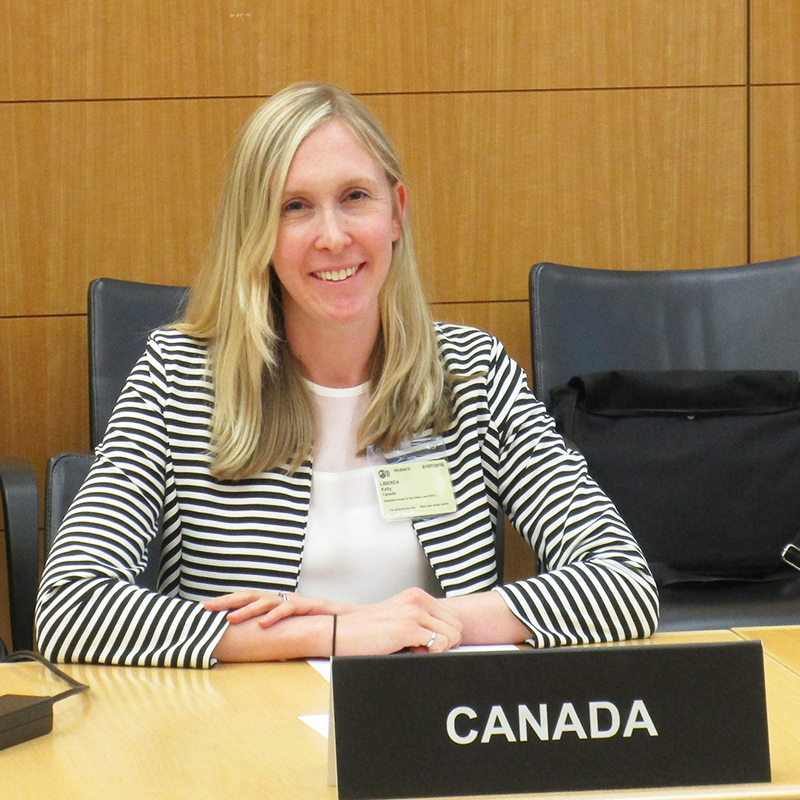As part of its commitment to following international best practice in implementing Canada’s plan, the NWMO routinely participates in many of the meetings and workshops of the Nuclear Energy Agency (NEA). Founded in 1958, the NEA works to assist its 31 member countries in maintaining and further developing the scientific, technological and legal bases required for the safe, environmentally friendly and economical use of nuclear energy for peaceful purposes.
One of the NEA groups the NWMO participates in is the Expert Group on Operational Safety (EGOS). Created in 2013, the EGOS works to identify and define international best practices in safely operating geological repositories for radioactive waste.
The EGOS consists of members from 11 countries and the International Atomic Energy Agency (IAEA). It meets twice a year, for one regular meeting and one technical workshop.
Since 2013, the NWMO has attended technical meetings to discuss repository operational safety topics in fire protection measures and system design, ventilation system design and operation, the management of co-activities underground (room excavation and waste emplacement), and on-site transfer of radioactive waste and waste emplacement.
The NWMO has also supported the production of an interim report on fire risk management in underground facilities and an analysis of hazards associated with co-activities in deep geological repositories.
The most recent meetings of the EGOS took place in February and June 2016, with the NWMO participating in both.
Kelly Liberda, an engineer at the NWMO, attended both meetings. “The EGOS is an example of countries co-operating to enhance the safety of deep geological repositories,” she said. “It’s one of the ways we, at the NWMO, are learning from and contributing to international best practice.”
The June workshop, co-organized with the IAEA, focused on three key aspects of operational safety: (1) technical design aspects (e.g., fire risk management, on-site transportation and emplacement); (2) repository regulatory framework and requirements; and (3) radiological protection in deep geological repositories.
In addition to Canada, participants attended from Belgium, the Czech Republic, Finland, France, Germany, Japan, Poland, South Korea, Sweden, Switzerland, the United Kingdom, and the United States.

